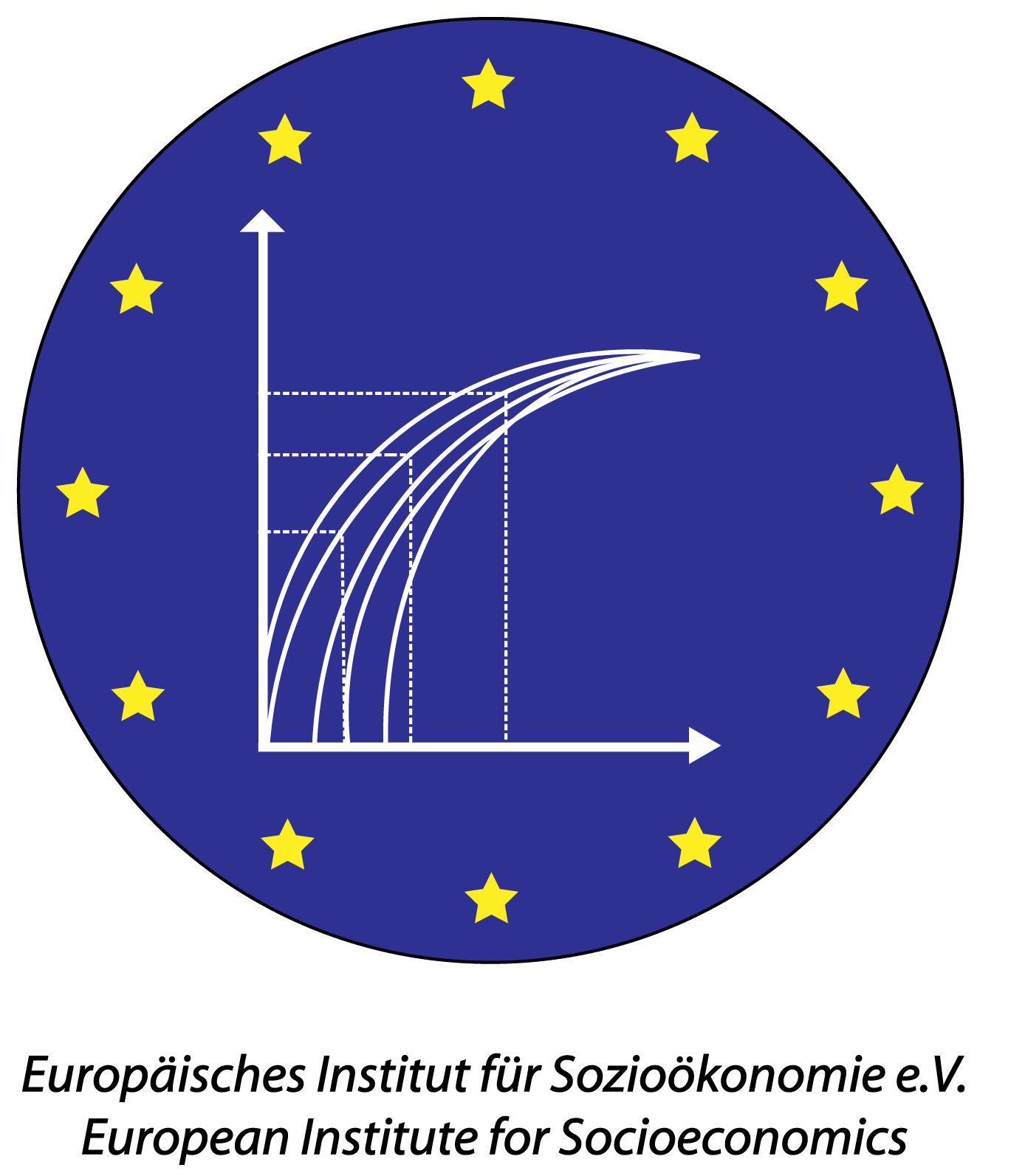Politicans ProjeCt
Summary
The Basic Law states in Article 38 that the members of Parliament (the German Bundestag and the 16 Landtage) are not bound by superior instructions or orders but are only subject to their own conscience. However, political groups are closed organizations that presuppose collective action in voting as an indispensable requirement. Does it therefore become a problem if individual politicians deviate from the actual party interest and instead represent their own goals or values that might be influenced by others? It seems possible that interests of economic companies could influence the party line and contents at the level of the executive board.
This project aims to provide a more detailed insight into the individual behaviour of professional politicians and to investigate to which extent factional coercion (force) or factional discipline exists. We further want to evaluate the amount of corrupt behaviour among active and inactive politicians in Germany.
Project idea
Voting by roll-call must be requested by parliamentary groups or individual members of Parliament (Bundestag or Landtag) and only takes place in about 5% of all votes. They are often used as an instrument of party competition and are intended both to uncover intra-party conflicts and to identify potential dissenters within the own party. The voluntary interdependence between political parties and individual politicians thus describes the general factional logic of a parliament. Accordingly, the motto is: It is better to compromise one’s own opinion than to have the decision taken without one’s own input (Patzelt, 1998). But what if the potential deviation is accompanied by sanctions?
Additionally, the question arises whether this, or other deviations from the rules of office, would constitute a breach of official duty. Are state and federal politicians offered material and/or immaterial goods and do they accept them in order to adapt to the interests of economical companies? Since donations to the parliamentary groups have to be reported above a certain amount, it is safe to say that party donations are the most important method of political corruption in Federal Republic of Germany (Roth, 2002). Whether the various political levels can be considered free of corruption should be critically questioned and analysed.
Objectives
1.) Investigation of the prevalence of factional coercion (“force” or factional discipline) in the parliaments of the 16 state parliaments and the Bundestag during the last two election periods by conducting a systematic online survey of active and inactive German politicians.
2.) Investigation of the prevalence of corruption in politics in the parliaments of the 16 state parliaments and the Bundestag through a systematic online survey of active and inactive German politicians.
3.) We want to quantify to which extent material and immaterial goods are offered and accepted by political parties or companies in order to enforce economic interests.
Prelimary work
In a first step, lists of names of politicians who were represented in one of the 16 state parliaments or the Bundestag in the last two election periods were compiled. In addition, the party affiliation and contact e-mail addresses (business and private, if possible) of the members of parliament were included. Thus, 3373 entries could be cumulated for the 16 Landtage and 962 entries for the Bundestag for a total of 4335 e-mail addresses.
The systematic online survey is planned to be conducted using indirect questioning techniques (Randomized Response Technique).
